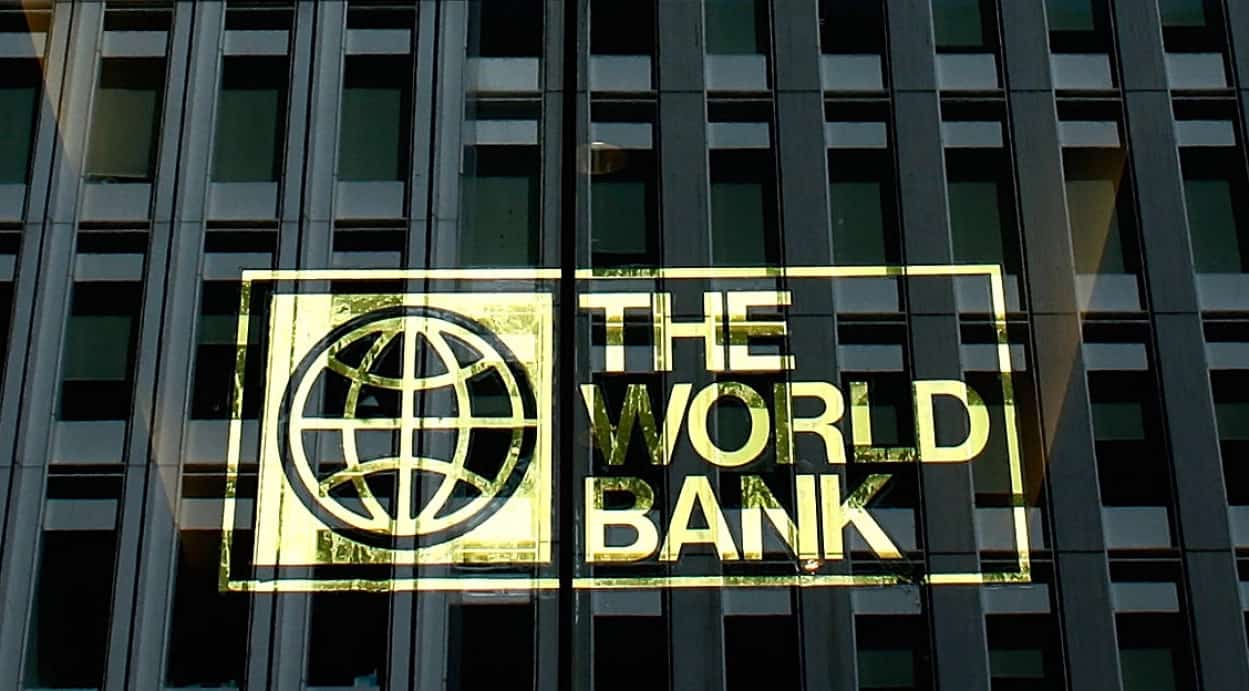Washington, United States--Two World Bank entities provided a record $75 billion in financing last year, said a letter by its president, as developing countries faced crises like climate change and Russia’s invasion of Ukraine.
The aid comes as countries emerging from the Covid-19 pandemic were hit by fallout from war in Ukraine and surging inflation, while climate change brought further devastation, said World Bank President David Malpass in a letter seen by AFP.
The assistance last year was 35 percent above the past four years’ average, he said.
The World Bank’s assistance also came as part of a global crisis response package, involving up to $170 billion in financing over 15 months.
Also read: World Bank says remittances to lower income countries ease in 2022
This helps to address issues ranging from food insecurity to restoring growth, Malpass said in the letter to the bank’s governors — typically countries’ finance ministers or other officials.
In particular, the World Bank delivered $31.7 billion in climate finance last year and channeled another $18 billion towards Ukraine since the start of the war.
The bank had worked to fund essential Ukrainian government services, while preparing a new series of operations to address urgent needs and repairs in key sectors like health and energy.
Also read: World Bank predicts decline in Egypt’s economic growth
Overall, the record funds came through the International Bank for Reconstruction and Development, as well as the International Development Association.
“Looking ahead to 2023, the world is facing equally daunting challenges,” said Malpass.
He added that “it is vital to reduce unsustainable debt burdens, promote debt transparency, and boost investment to increase jobs, productivity, and production.”

